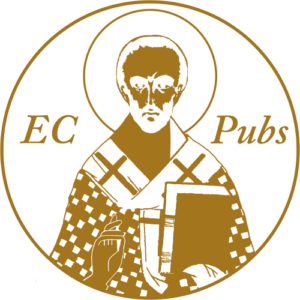In order to provide some background material for the Orientale Lumen Conferences in 2010, with the help of Father Michael Hayduk, I prepared a summary of the first Seven Ecumenical Councils that I post here.
SITE: Constantinople
YEARS: A.D. 680 – 681
POPES: St. Agatho, 678 – 681, and St. Leo II, 682 – 683
EMPEROR: Constantine IV, 668 – 685
ACTION: Called by Emperor Constantine IV, and its calling authorized by Pope St. Agatho, this council condemned the heresy of the Monothelites (Mono-one thelema-will), which attributed only one will, to Christ (the divine), instead of two wills (divine and human), which two are in perfect accord within the one divine person, Jesus. Constantinople III also reconfirmed Chalcedon. Pope St. Leo II, 682 – 683, approved the decrees of Constantinople III, Pope St. Agatho having died (Jan. 10) before the council’s end.
NOTE: Pope St. Leo II also condemned Pope Honorius I (625 – 638) for negligence of duty in the face of heresy, in that he should have ascertained that Sergius was teaching not a mere harmony (oneness) of wills in Christ but literally one will in Christ, the divine will. Honorius had not spoken ex cathedra, so infallibility had not been involved.
HERESY/HERESIARCH: MONOTHELITISM originated by SERGIUS (patriarch of Constantinople, 610 A.D.).
The Third General Council of Constantinople, under Pope Agatho and the Emperor Constantine Pogonatus, was attended by the Patriarchs of Constantinople and of Antioch, 174 bishops, and the emperor. It put an end to Monothelitism by defining two wills in Christ, the Divine and the human, as two distinct principles of operation. It anathematized Sergius, Pyrrhus, Paul, Macarius, and all their followers.
Eastern Christian Publications

PO Box 146
Fairfax, VA 22038-0146
Phone: 703-691-8862
Fax: 703-691-0513
© 2024 EC Publications, All rights reserved | Site Map | Privacy Policy & Terms of Service